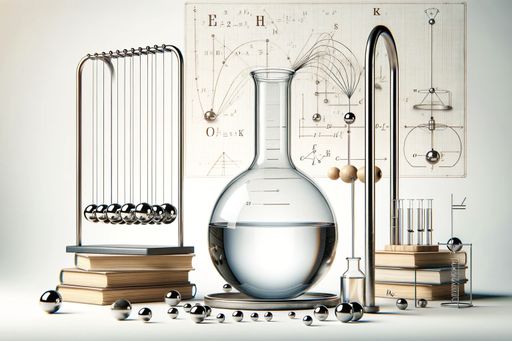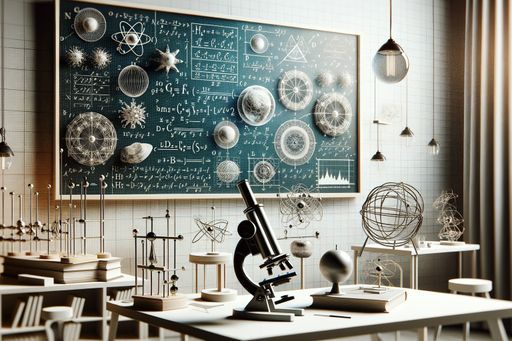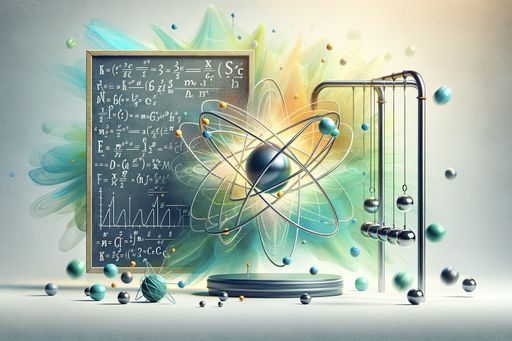Physics Feed - Page 5

New Giant Particle Accelerator to Explore the Unknown 95% of the Universe
Scientists at CERN are planning to build a new giant particle accelerator called the 'Circular Collider of the Future' (FCC) in Switzerland to uncover information about the unknown 95% of the universe.

Scientists Capture Direct Images of Second Sound in Superfluids
MIT physicists have successfully captured direct images of 'second sound' for the first time, expanding our understanding of heat flow in superconductors and neutron stars.

JWST Sees More Galaxies than Expected
The new JWST observatory is revealing far more bright galaxies in the early Universe than anyone predicted, and astrophysicists have more than one explanation for the puzzle.

Joint European Torus experiments end on a 69 megajoules high
The Joint European Torus (JET) has set a world record in energy output as it finishes its final deuterium-tritium experiments. Meanwhile, the ITER facility is not expected to start deuterium-tritium operations until 2035.

JWST Reveals a Surprise Twist in Black Hole And Galaxy Formation
An analysis of data from the early Universe collected by the James Webb Space Telescope suggests that black holes and galaxies emerged together, and that the black holes shaped the galaxies that evolved around them.

CERN Plans to Build Future Circular Collider for Particle Physics
CERN, the home of the Large Hadron Collider (LHC), is considering building the Future Circular Collider (FCC), a larger and more powerful particle accelerator. The proposed accelerator aims to explore energies where evidence of dark matter and dark energy may be found.

CERN’s Supercollider Plan: $17-Billion 'Higgs Factory' Would Dwarf LHC
Europe is moving forward with plans to build a massive supercollider called the Future Circular Collider (FCC) in order to study the Higgs boson in detail. The FCC would be built underneath the French and Swiss countryside and would be much larger than its predecessor, the Large Hadron Collider (LHC) at CERN. However, scientists are facing the challenge of convincing funders that the investment in the FCC is worthwhile.

CERN seeks €20B to build a bigger, faster, particle accelerator
CERN wants to build a next-generation particle accelerator called the Future Circular Collider (FCC) in Switzerland and France, which could cost up to €20 billion.
